G7 conclave for raising “economic costs on Russia” for Ukraine war
India’s foreign minister, S. Jaishankar, was among the participants representing the outreach countries.
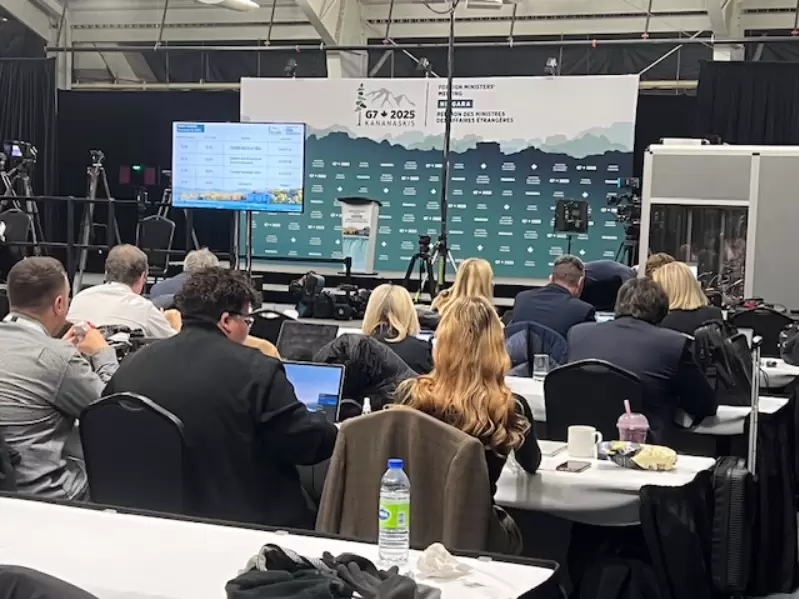 Media centre at G7 Foreign Ministers conference. / Maninder K Chandhoke
Media centre at G7 Foreign Ministers conference. / Maninder K Chandhoke
The 2-day G7 Foreign Ministers conclave, which concluded at the White Oaks resort in Niagara on Wednesday, agreed upon “increasing economic costs on Russia and exploring measures against countries and entities that help finance Russia’s war efforts”.
India’s foreign minister, S. Jaishankar, was among the participants representing the outreach countries. It was for the second consecutive time that India was represented at a G7 event held under Canada’s presidency.
The meeting reaffirmed the G7’s “unwavering support for Ukraine in defending its territorial integrity and right to exist, as well as its freedom, sovereignty, and independence”. It called for “an immediate ceasefire”, adding that it agreed that the “current line of contact should serve as the starting point for negotiations”.
ALSO READ: Anita, Jaishankar discuss further Canada-India road map
The G7 communique said, “We condemned the provision of military assistance by DPRK and Iran and the provision of weapons and dual-use components by China, a decisive enabler of Russia’s war. We acknowledged the ongoing discussions on a wide range of financing options, including further leveraging immobilised Russian Sovereign Assets in our jurisdictions in a coordinated way to support Ukraine.”
The statement also “condemned Russia’s recent direct attacks on energy infrastructure and reaffirmed our support for Ukraine’s energy security”.
The ministers reiterated support for US President Donald Trump’s Comprehensive Plan to End the Gaza Conflict. “We welcomed the ceasefire and the release of hostages. We stressed the urgency of returning the remains of deceased hostages. We also welcomed the increased flows of aid, but expressed concern about restrictions that remain in place. We called on all parties to allow for humanitarian assistance at scale, without interference, through the United Nations and its agencies, the Red Crescent, and other international institutions and INGOs, as stipulated in President Trump’s plan.”
The G7 meeting reaffirmed the importance of a free and open Indo-Pacific based on the rule of law. “We reiterated our strong opposition to any unilateral attempts to change the status quo, including by force or coercion, in the East China Sea and the South China Sea,” it said.
With the end of its presidency, Canada will pass on the baton to the next country in the queue, South Africa.
At the end of the conclave, the following joint communique was issued, welcoming “the participation of the Foreign Ministers of Brazil, India, the Kingdom of Saudi Arabia, Mexico, the Republic of Korea, South Africa, and Ukraine, who joined us for discussions on maritime security and prosperity, critical minerals, economic resilience, and energy security”.
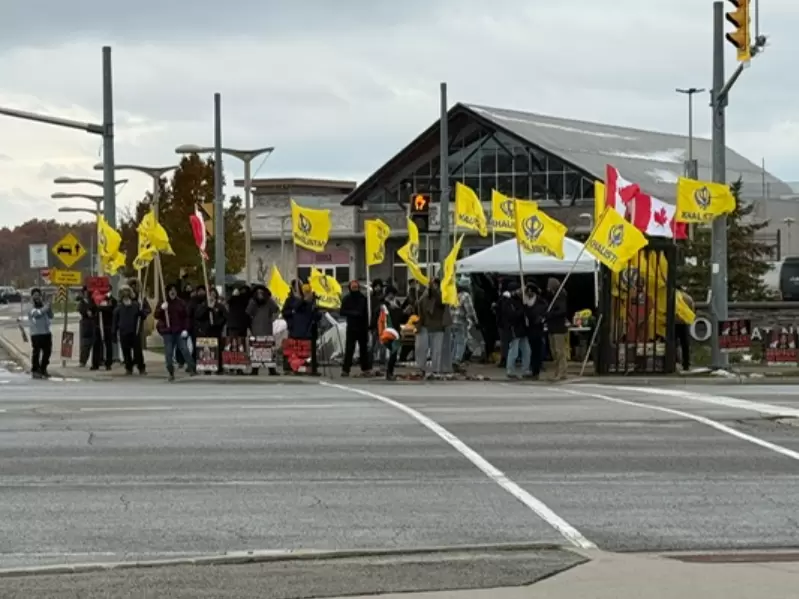 Supporters of Khalistan protest outside G7 Foreign Ministers conference at Niagara on Nov. 12. / Maninder K Chandhoke
Supporters of Khalistan protest outside G7 Foreign Ministers conference at Niagara on Nov. 12. / Maninder K Chandhoke
ADVERTISEMENT
ADVERTISEMENT
E Paper
Video



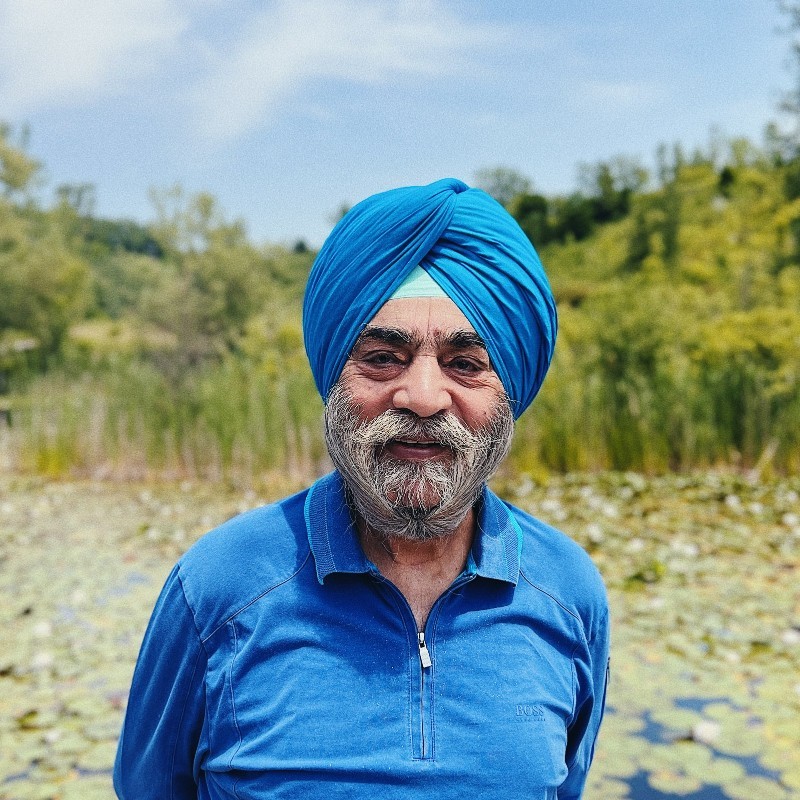 Prabhjot Paul Singh
Prabhjot Paul Singh

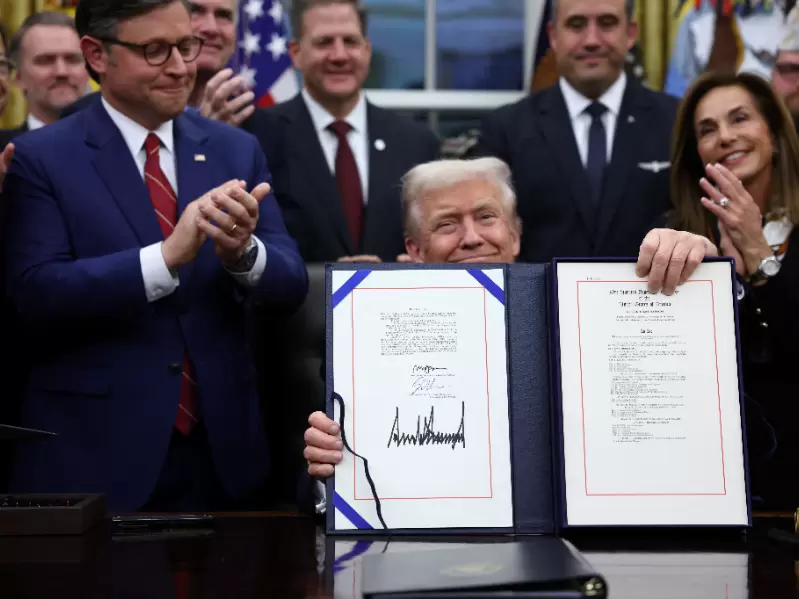
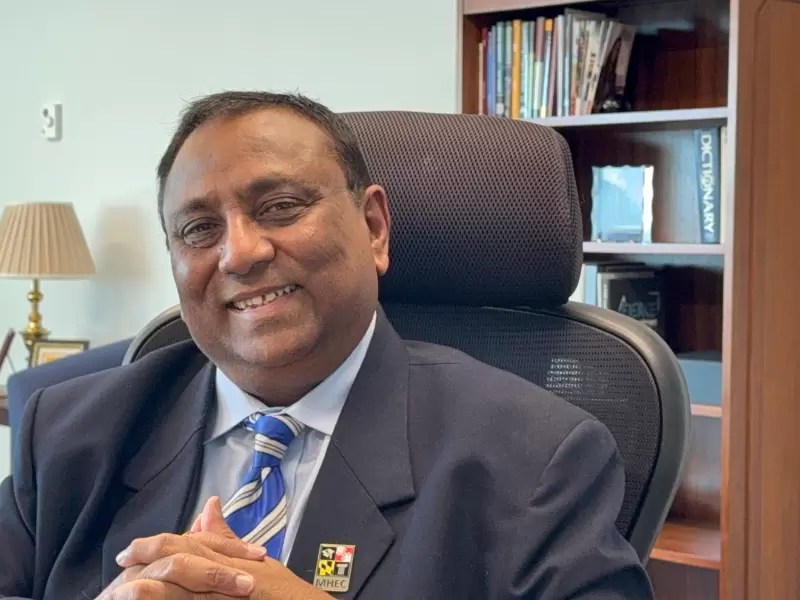
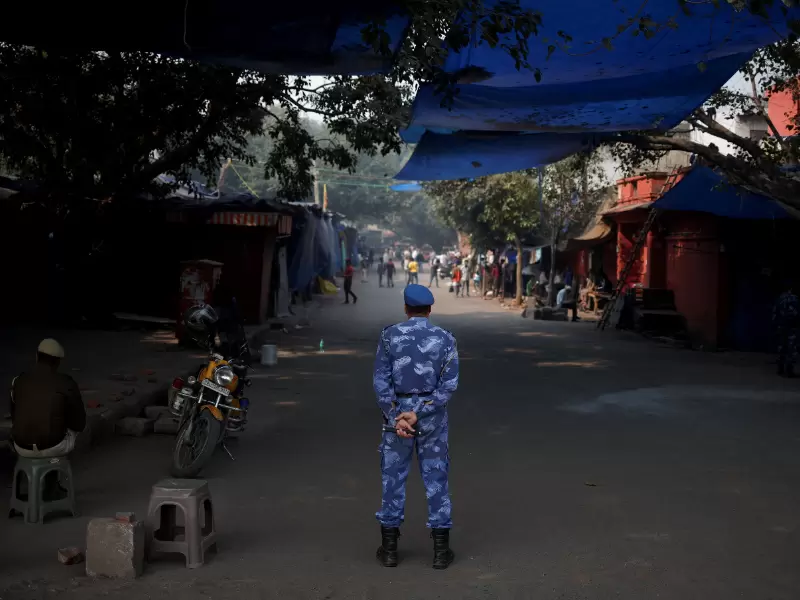
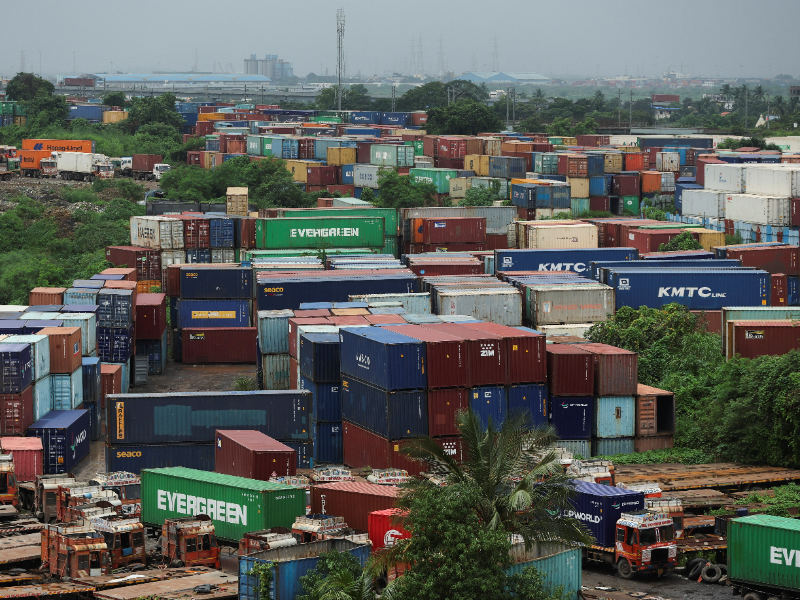
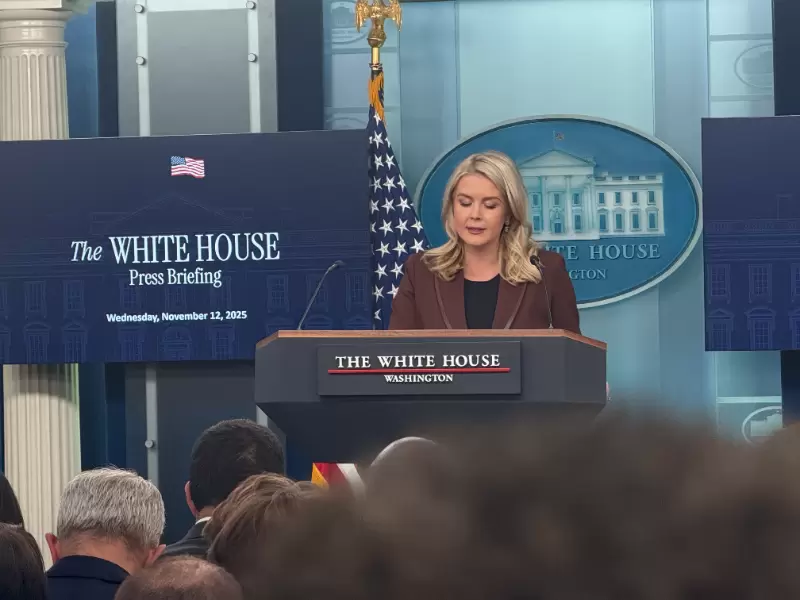
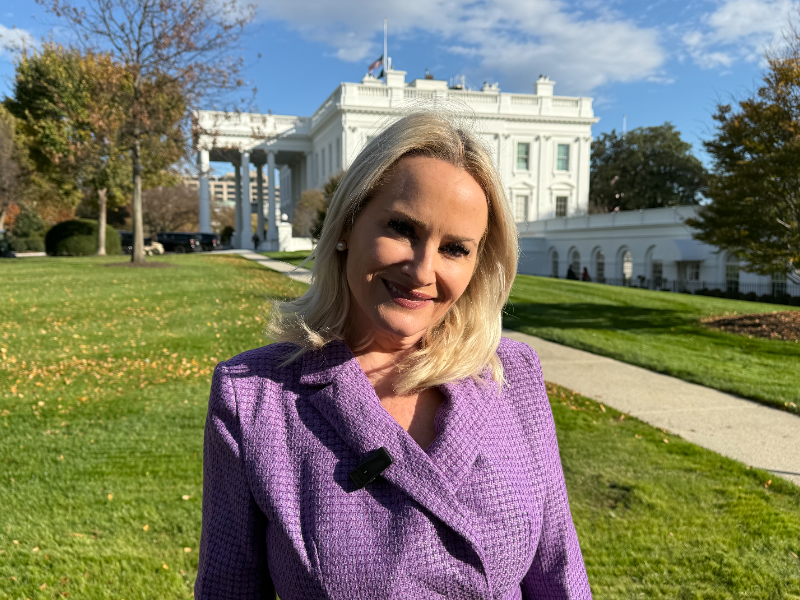

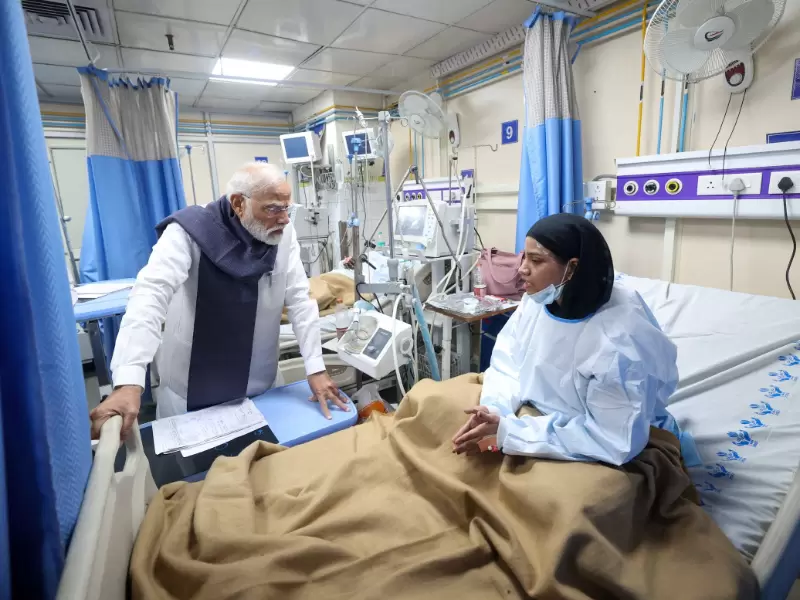
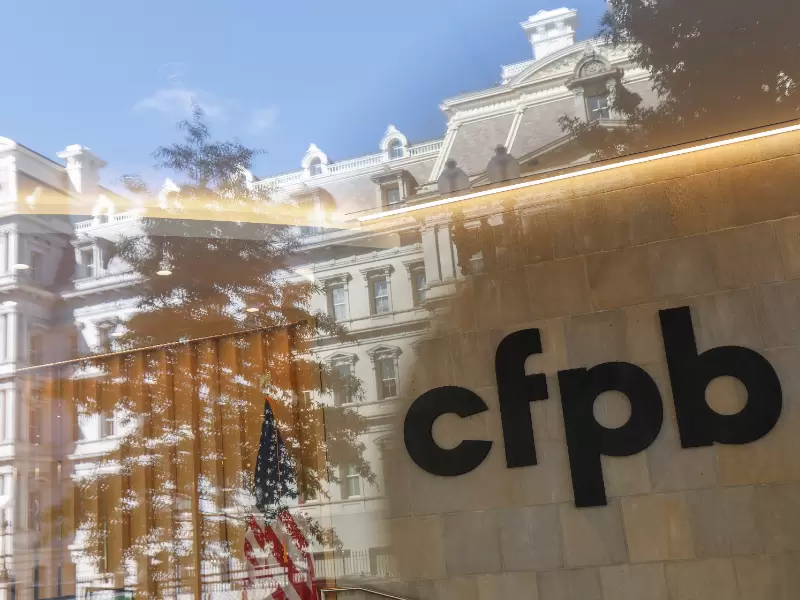

Comments
Start the conversation
Become a member of New India Abroad to start commenting.
Sign Up Now
Already have an account? Login